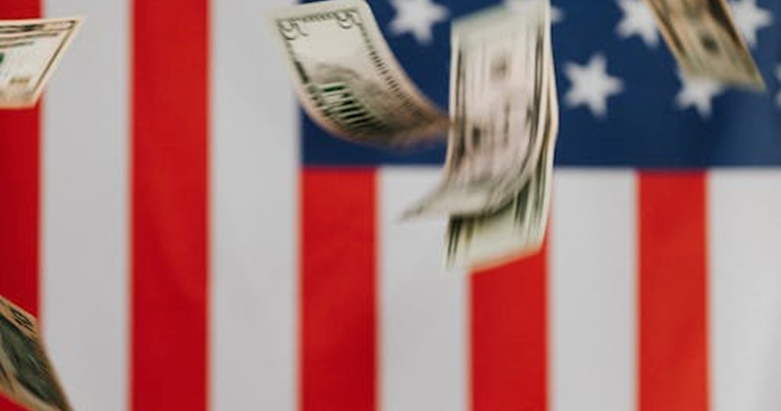The numbers are in, but they keep heads scratching. US headline inflation in June rose at a slower pace than expected, with the consumer price index increasing by 3.0% annually, down from 4.0% in May. Core CPI, which excludes volatile items, cooled only to 4.8% yearly. Despite headline inflation nearing the Fed's target, the lower core figures have fueled speculation of an interest rate hike later this month. Energy prices declined by 16.7% year-over-year, but consumer related items like food and services rose by 5.7% and 6.2%, respectively, pressuring average households. The market still expects the Fed to raise interest rates by 0.25% and predicts that a recession will be triggered by year's end, according to economic projections.
EQUITY
U.S. stocks rallied as inflation data showed a slowdown in consumer price increases, fueling expectations that the Federal Reserve may not raise interest rates beyond July. Big tech-related companies led the gains, relieved by the prospect of stable rates and positive news on VMware's merger with Broadcom.
GOLD
Gold prices stabilised near one-month highs after a strong rally on U.S. inflation data that fuelled expectations of a less aggressive Federal Reserve. The weaker data indicated that the Fed's previous interest rate hikes were effective, potentially leading to a sooner-than-expected change in the bank's hawkish stance.
OIL
Brent oil broke the $80 barrier as prices rose near three-month highs on U.S. inflation data that eased concerns over interest rates. However, gains were limited due to unexpected growth in U.S. oil inventories and weakening gasoline demand. Despite softer inflation, the Federal Reserve is expected to continue rate hikes in July and may pause in subsequent meetings.
CURRENCY
The U.S. dollar fell further as weak U.S. inflation data increased expectations of an early end to monetary tightening by the Federal Reserve. Sterling rose despite a contraction in the U.K. economy, while the euro climbed to a 15-month high on a weak dollar. Some analysts suggest that it could be the start of a long-awaited cyclical decline.













